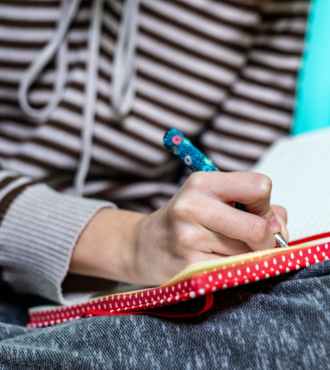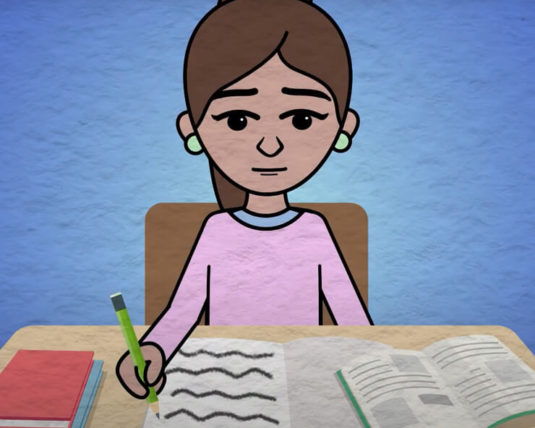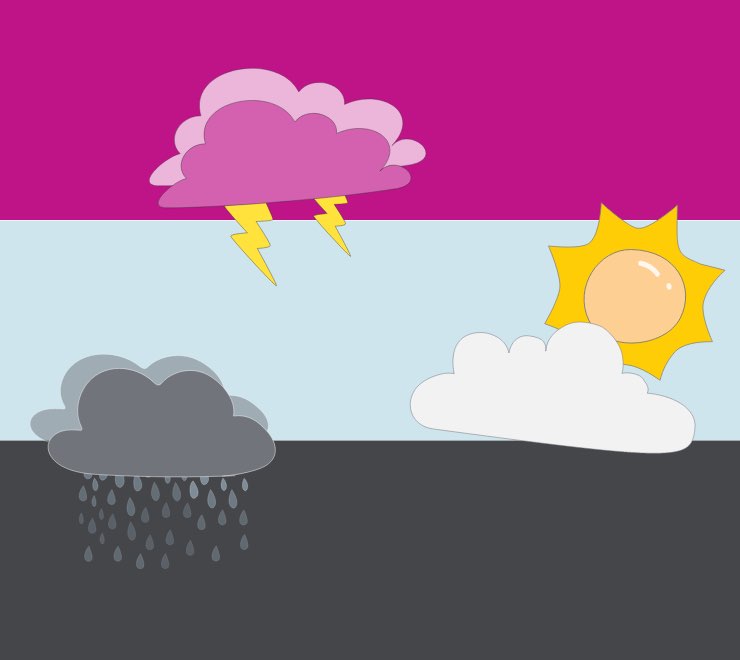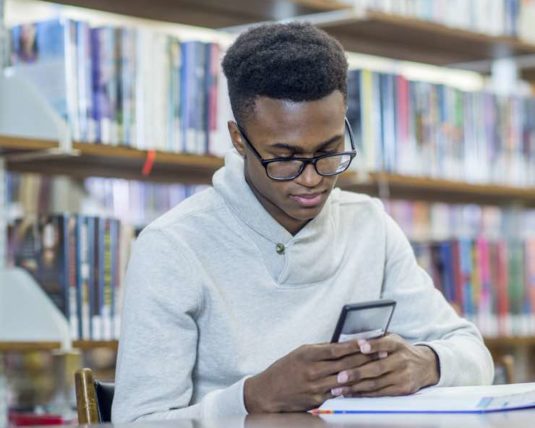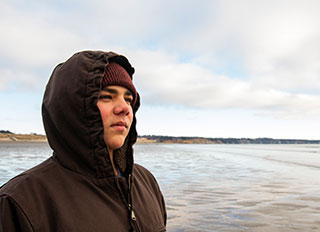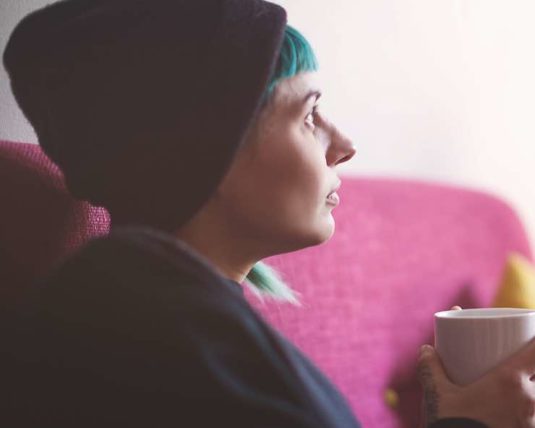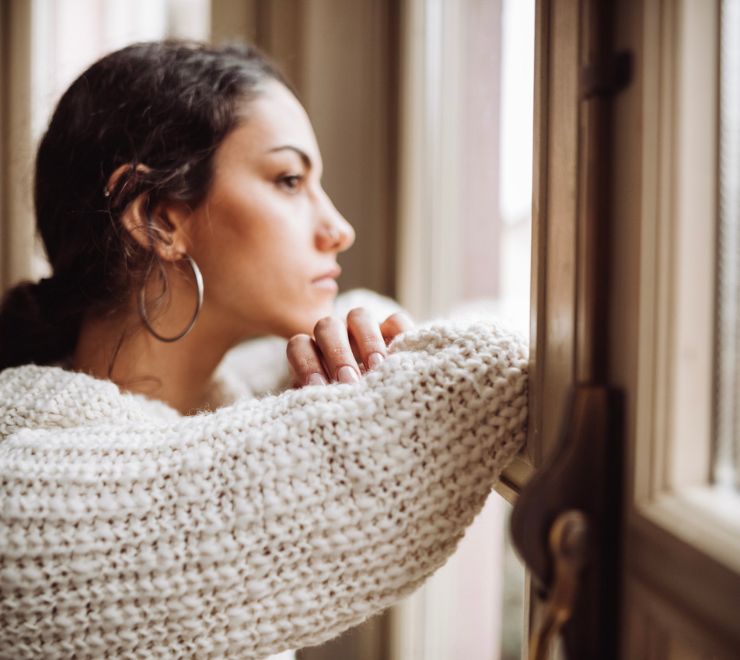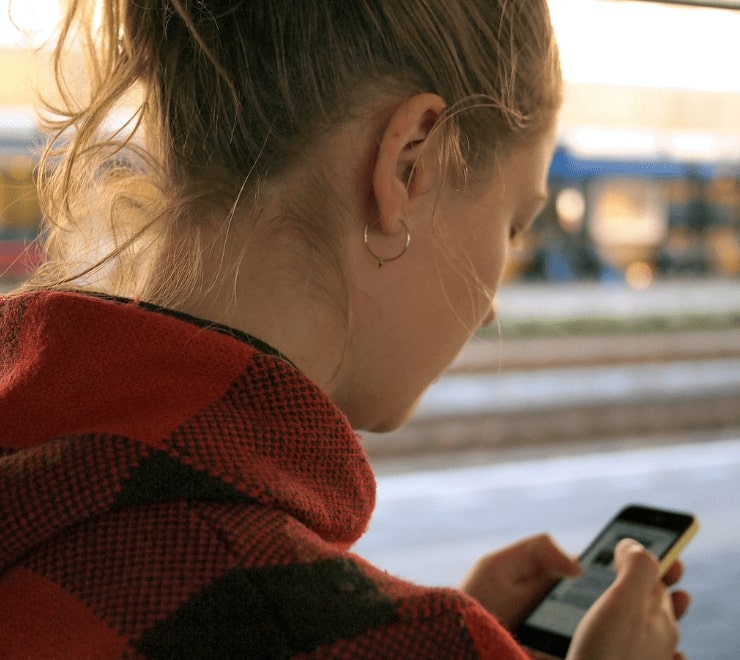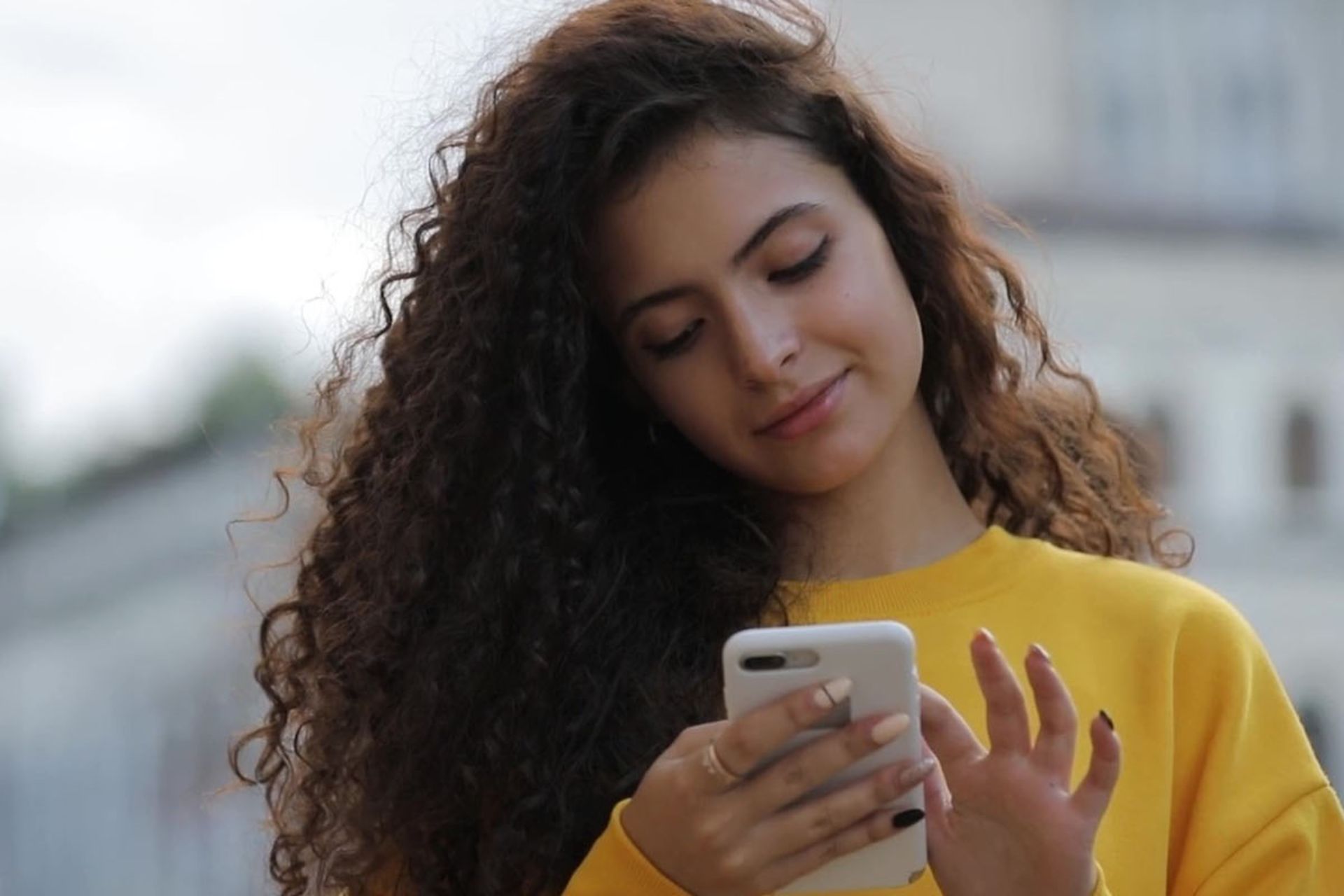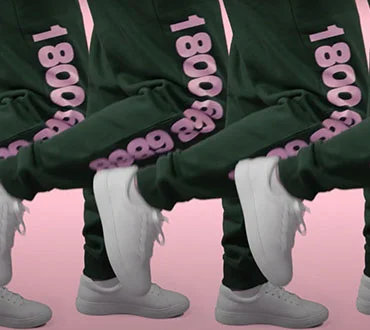Are you experiencing distress from the British Columbia and Alberta wildfires and extreme weather across Calgary, Chipewyan Lake, Edmonton, Fort McMurray, Jasper National Park, Little Red River Cree Nation? Kids Help Phone offers 24/7, free, confidential, multilingual e-mental health and wellness support to anyone affected by the British Columbia and Alberta fire evacuations and wildfires. However you’re feeling, wherever you are, you’re not alone.
If you’re in immediate danger, emergency / community services are available across Canada. You can use Resources Around Me to search for programs and services available nearest your location.
How can I get mental health support with the wildfires in Canada?
For youth:
- Text 686868 to connect with a trained, volunteer crisis responder
- Call 1-800-668-6868 (using a landline, cellphone or VoIP service on a computer) to contact a professional counsellor
- Visit KidsHelpPhone.ca/PeerToPeer to communicate with young people across Canada
For adults:
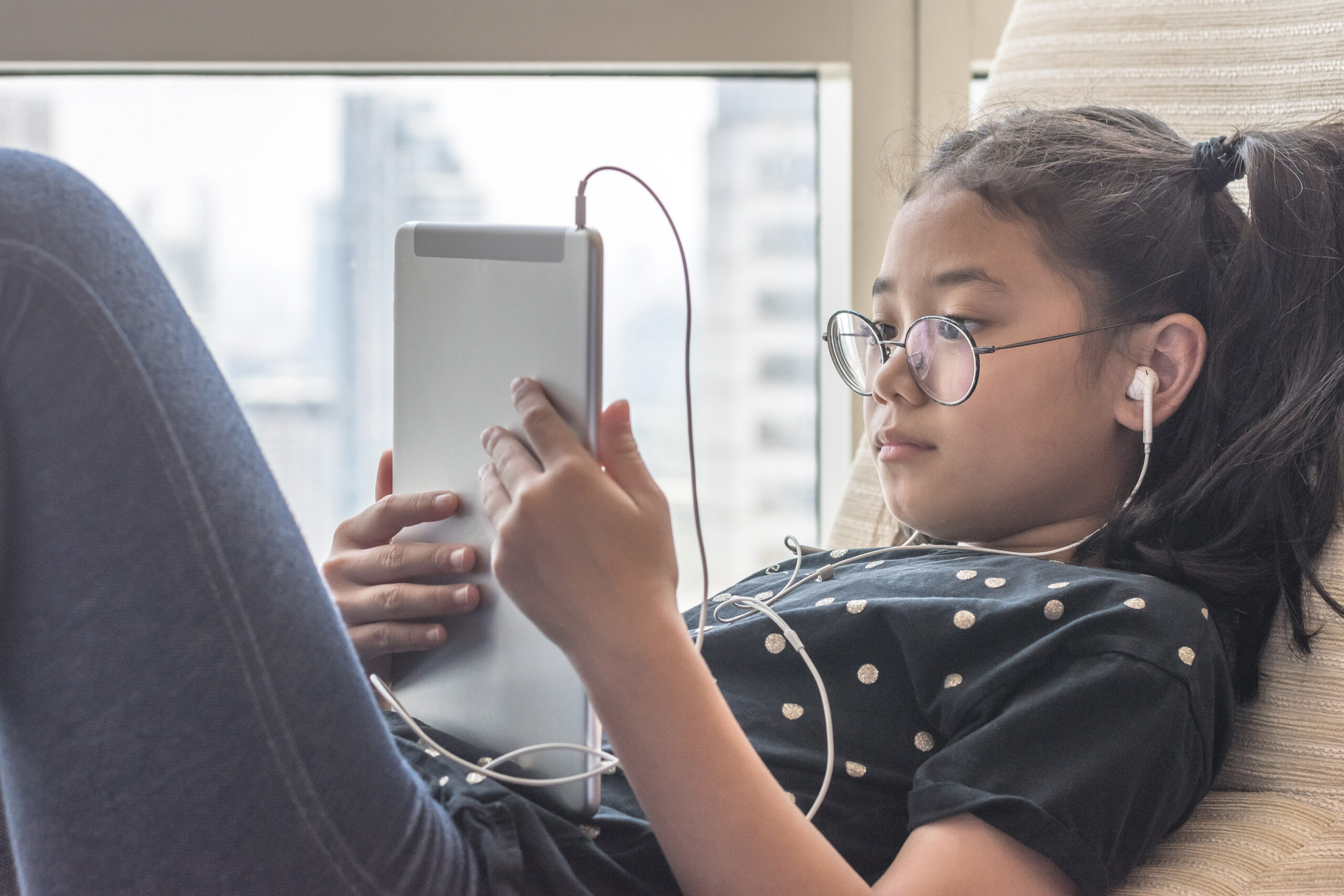
You don’t have to carry your feelings on your own.
There’s always a space to let them out at Kids Help Phone.
- Text 741741 to connect with a trained, volunteer crisis responder
Where can I find more wellness resources to help me with the Alberta wildfires?
If the current British Columbia and Alberta wildfires and extreme weather across Canada are affecting you / someone you know, you can tap on the cards below to explore Kids Help Phone’s mental health resources.
You can explore additional resources for more information about wildfires in Canada and ways to cope:
- Kids Help Phone Alberta Wildfires (ctvnews.ca)
- Real Kids Talk about Big Feelings
- Q&A — How to deal with wildfire anxiety | story | Kids News (cbc.ca)
- Guide-to-Recovery_Parents-and-Caregivers_EN.pdf (redcross.ca)
If the British Columbia and Alberta fire evacuations, extreme weather and wildfires are affecting you right now, Kids Help Phone is here for you. You can contact us for free, confidential, multilingual e-mental health support. You can also connect with someone you trust (e.g. a parent / caregiver, family / community member, Elder, teacher, etc.). If you need help right now, you can contact the emergency / community services near your area, too.



